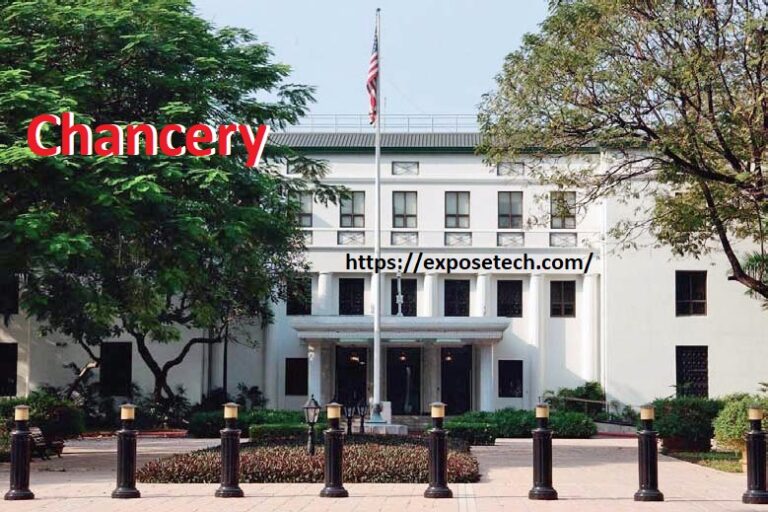Chancery: a word that echoes via the corridors of prison history, carrying with it a experience of mystique and complexity. For many, it evokes photographs of historical courts, dusty tomes, and enigmatic proceedings. Yet, in the back of this veil of mystery lies a captivating group that has performed a pivotal function in shaping the evolution of regulation and equity.
The Origins of Chancery
To virtually recognize Chancery, one should delve into its origins. The term itself derives from the Latin “cancelli,” that means lattice or barrier, reflecting the authentic place of the courtroom inside the King’s palace, separated from the primary corridor through a barrier or display screen. Chancery emerged in medieval England as a supplement to the common regulation courts, supplying alleviation in cases in which the stern application of criminal policies could result in injustice.
Equity and Fairness
At its core, Chancery changed into pushed by using concepts of fairness and fairness. Unlike the not unusual law, which adhered rigidly to precedent and statutory interpretation, Chancery judges had the discretion to do not forget the specific situations of each case and provide alleviation as a consequence. This flexibility allowed Chancery to address grievances that fell outdoor the purview of the commonplace regulation, along with disputes related to trusts, wills, and contracts.
The Rise of the Chancellor
Central to the functioning of Chancery become the figure of the chancellor, who served as each choose and administrator of the court. Originally appointed by means of the King, the chancellor wielded widespread authority and changed into frequently entrusted with matters of state similarly to judicial duties. Over time, the office of chancellor became synonymous with information and impartiality, incomes the honor of litigants and criminal pupils alike.
From Manuscripts to Modernity
The heyday of Chancery can also belong to the annals of history, however its legacy endures inside the cutting-edge prison system. While the separate courts of law and equity have lengthy considering the fact that merged, the ideas of equity hold to form the administration of justice. In jurisdictions around the world, equitable remedies which includes injunctions, specific performance, and rescission stay critical equipment for addressing the complexities of modern-day litigation.
Chancery in Practice
To hold close the importance of Chancery in contemporary prison practice, one need handiest don’t forget its utility in areas including agreement regulation and property law. In agreement disputes, courts might also invoke equitable doctrines to save you unjust enrichment or compel events to perform their obligations in appropriate faith. Similarly, in matters of belongings rights, equitable ideas guide the decision of disputes over obstacles, easements, and titles.
Challenges and Controversies
Despite its enduring relevance, Chancery is not with out its critics. Some argue that the discretionary powers wielded with the aid of Chancery judges can cause inconsistency and unpredictability in judicial choice-making. Others factor to the capability for abuse, as litigants might also are seeking to take advantage of equitable remedies for strategic benefit. Nonetheless, proponents keep that Chancery remains vital for addressing the nuances and complexities of cutting-edge criminal disputes.
Looking Ahead
As we mirror on the legacy of Chancery, it’s far clear that its impact transcends the confines of time and culture. While the prison panorama can also retain to adapt, the concepts of fairness and equity that lie at the heart of Chancery will undergo. Whether within the halls of justice or the pages of legal scholarship, the enigma of Chancery will retain to captivate and encourage generations to return.
Conclusion
Chancery stands as a testament to the enduring quest for justice in an ever-changing global. From its humble origins in medieval England to its present day-day manifestations, Chancery has left an indelible mark on the fabric of felony history. As we navigate the complexities of the present day legal landscape, let us not forget about the classes of equity and fairness that Chancery has to educate us. For inside the pursuit of justice, there can be no more legacy than that of Chancery.

